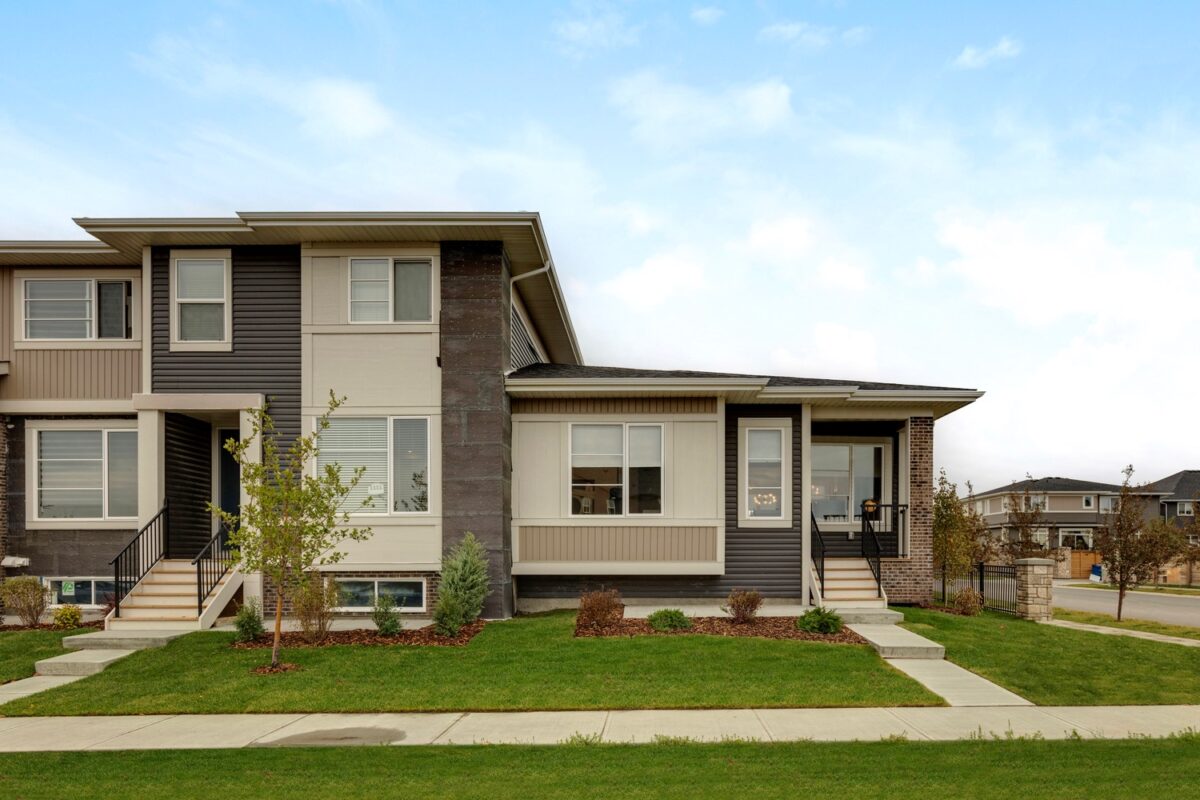As a first-time home buyer, there are many obstacles, from today’s housing prices to rising interest rates. In an effort to assist potential homebuyers, the federal government has introduced the First Home Savings Account (FHSA). This new tax-free registered plan allows you to contribute up to a lifetime limit of $40,000 towards the purchase of a qualifying first home.
What is the First Home Savings Account?
The FHSA is a new registered plan created on April 1, 2023, to support Canadians entering the real estate market by establishing an account for saving towards a qualifying first home. A qualifying home refers to a property located in Canada, encompassing both existing homes and those under construction.
Single-family homes, townhouses, semi-detached homes, mobile homes, condominium units, and apartments in duplexes, triplexes, fourplexes, or apartment buildings all meet the criteria.
Do I Qualify for the FHSA?
To be eligible for the FHSA, you must meet the following criteria:
- Be a Canadian resident.
- Be a first-time homebuyer.
- Be at least 18 years or the age of majority in your province or territory of residence, depending on the FHSA.
Who Qualifies as a First-Time Homebuyer When Opening an FHSA?
To be classified as a first-time homebuyer upon opening an FHSA, you must meet the following criteria: If at any point in the calendar year before you open the account or within the preceding four calendar years, you did not make a qualifying home your primary place of residence, you will be eligible. This condition includes homes you own independently or in joint ownership and properties owned by your spouse or common-law partner.
How Much Can I Contribute to an FHSA?
Canadians who are eligible can deposit or transfer up to $8,000 per year into their FHSA, which includes contributions from their registered retirement savings plan (RRSP). The lifetime maximum contribution limit is $40,000. If you contribute less than the $8,000 annual contribution limit, any unused contribution room will be carried forward to the following year, up to a maximum of $8,000.
For instance, if you deposited $6,000 into your FHSA in 2023, you could contribute $10,000 in 2024 — totalling the $8,000 annual limit and the remaining $2,000 from 2023.
What are the benefits of an FHSA?
- Tax Deduction on Contributions: If you contribute to an FHSA, you can claim a tax deduction on your annual return. For instance, if you max out your contribution at $8,000 in the first year and your tax rate is 25%, you could potentially save $2,000 in taxes. You can claim the tax deduction in the year of your contribution or in a future tax year.
- Tax-Free Growth of Investments: Similar to other registered plans, you can retain the funds you contribute to your FHSA in cash or utilize them to invest in various financial instruments such as guaranteed income certificates (GICs), bonds, stocks, mutual funds, and exchange-traded funds (ETFs). Any income or gains earned on investments are subject to taxation outside of a registered plan.
- Tax-Free Withdrawals: When the time comes to purchase a qualifying first home, you can withdraw the funds from your FHSA, including your original contributions and any investment earnings, without incurring any tax liability.
Can I Utilize Both the FHSA and the RRSP Home Buyer’s Plan?
One advantage is that you don’t have to choose between the two saving methods. When you’re prepared to buy a qualifying first home, you can use funds withdrawn from your RRSP under the Home Buyers’ Plan (HBP) and your FHSA.
As previously mentioned, with the FHSA, contributions are tax-deductible, and withdrawals are tax-free if used to purchase a qualifying first home.
The RRSP HBP means you can withdraw up to $35,000 from your RRSP tax-free to assist in purchasing your first home. However, the withdrawn amount must be repaid to your RRSP within 15 years. Any RRSP withdrawals unrelated to the HBP and used for home purchases will be treated as taxable income.
What Happens if I Don’t Buy a Home?
If you haven’t found your dream home or decide that homeownership is not for you, you can keep your FHSA open for 15 years or the year you turn 71, whichever comes first. You can transfer the balance to your RRSP on a tax-deferred basis or withdraw it from your account and pay tax on the money.
Buying Your First Home With Douglas Homes
When you’ve worked hard to save up a down payment for your first home, you want to purchase a functional, beautiful property you can grow with. Working with a builder like Douglas Homes ensures you’ll find a property you adore in a community that fits your lifestyle. Please take a look at our collection of beautiful new homes in Calgary and area.

